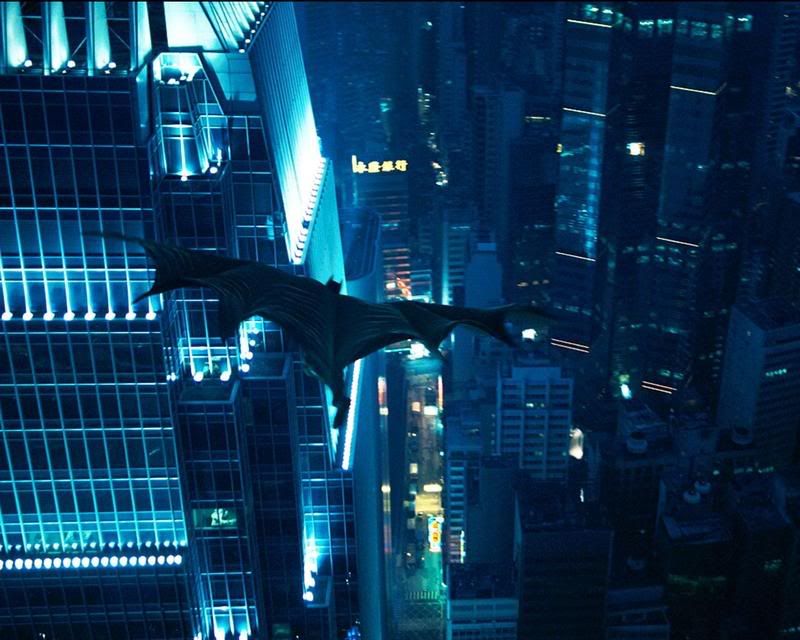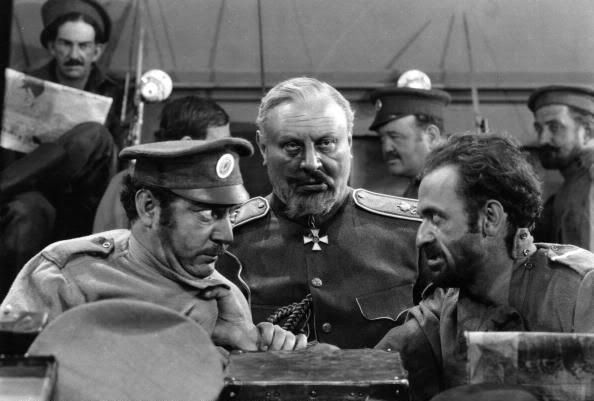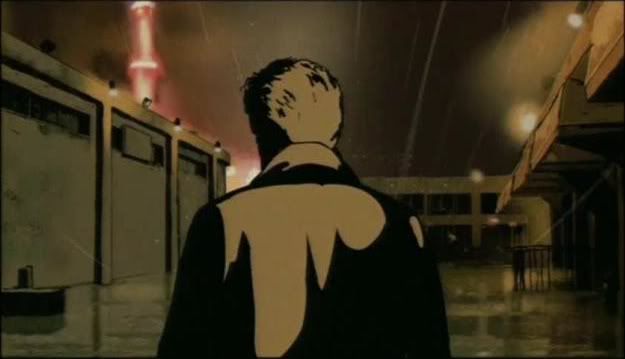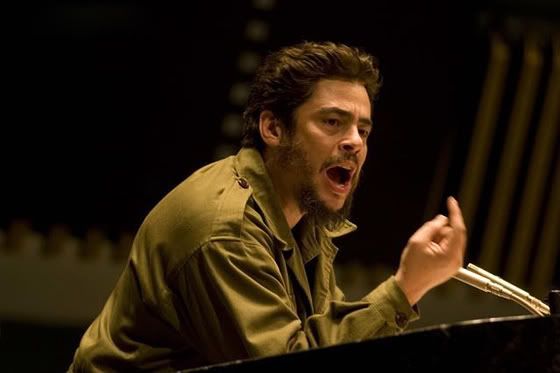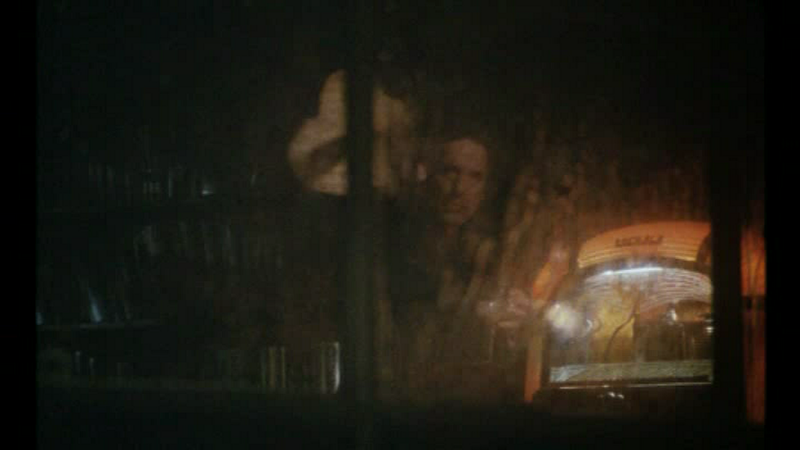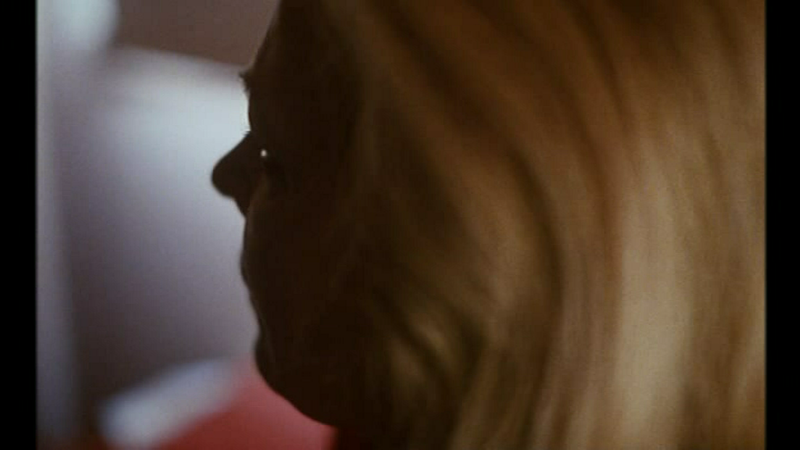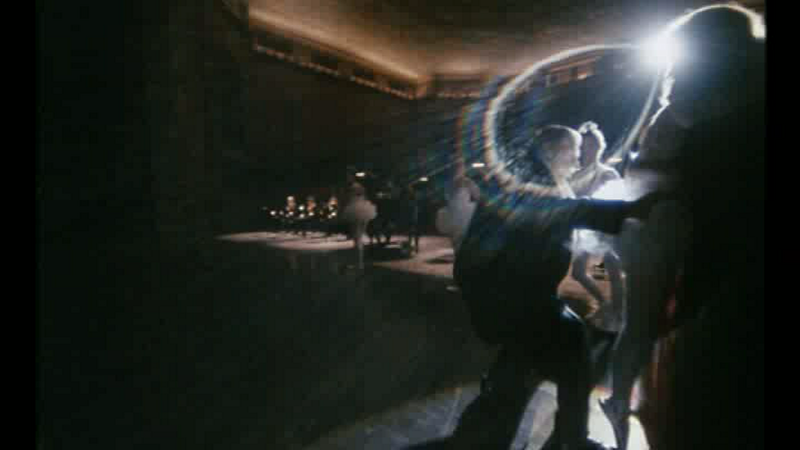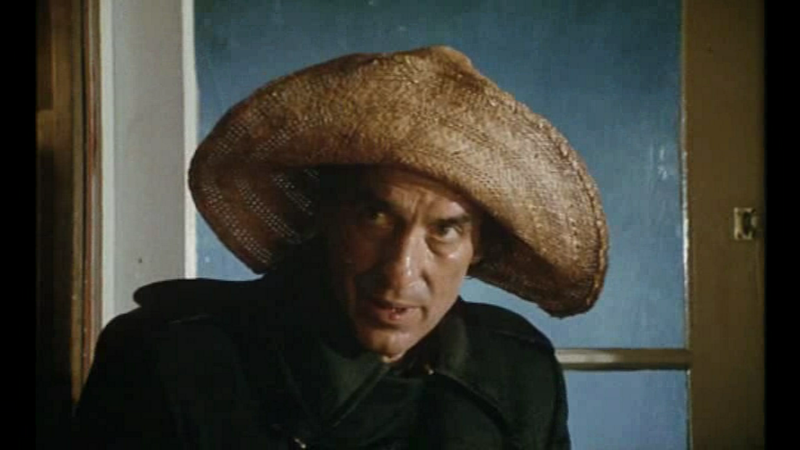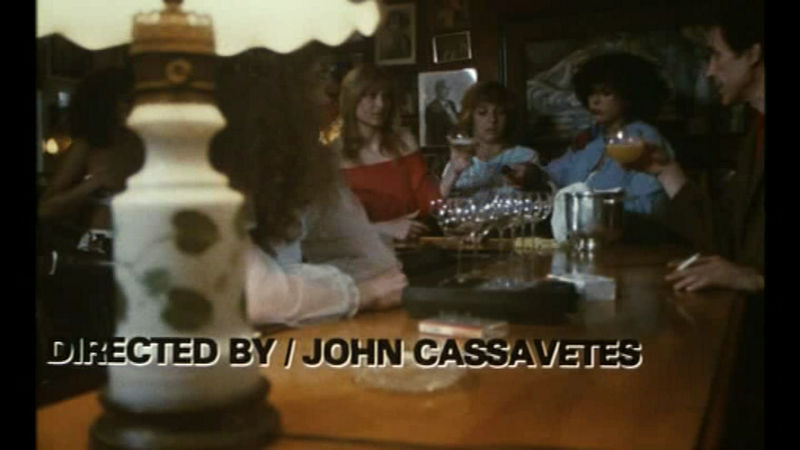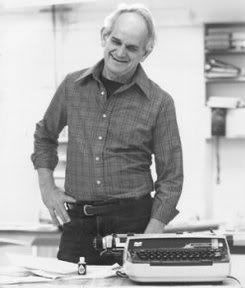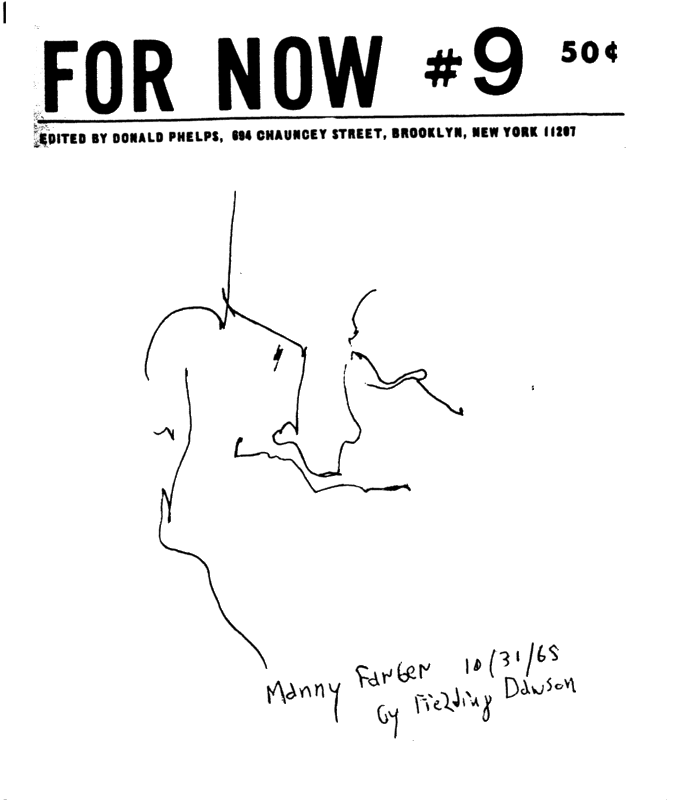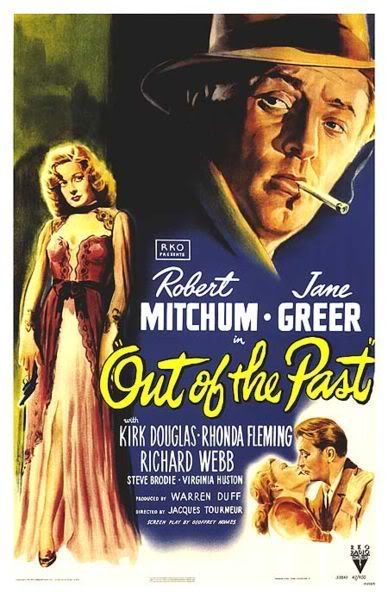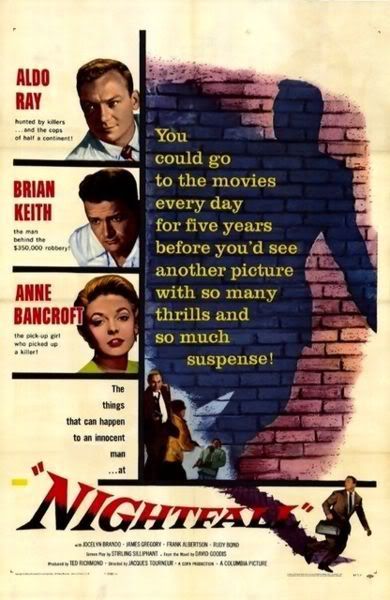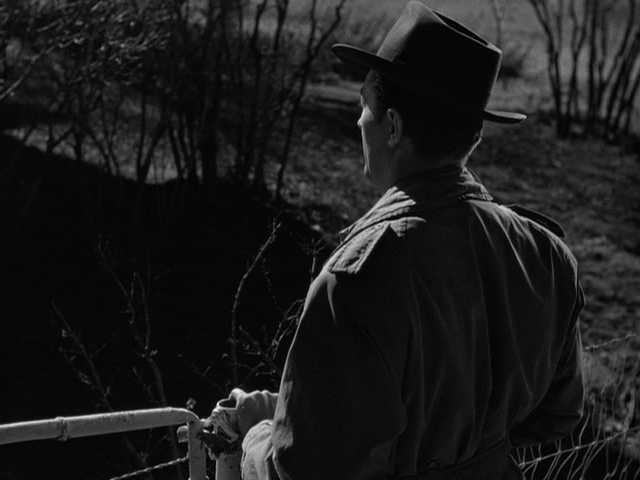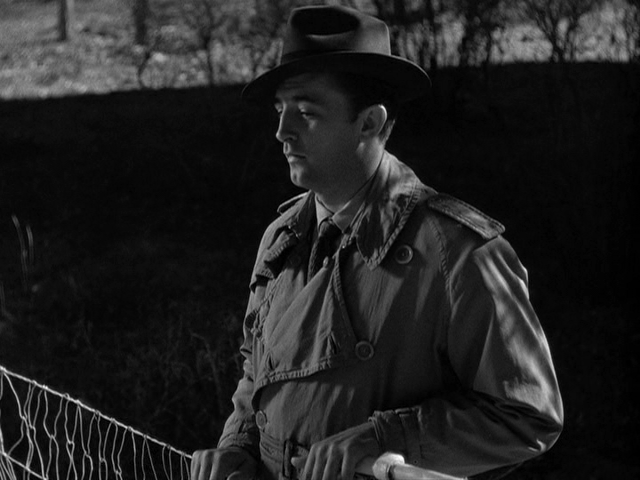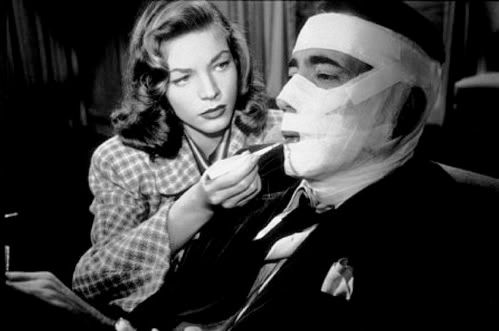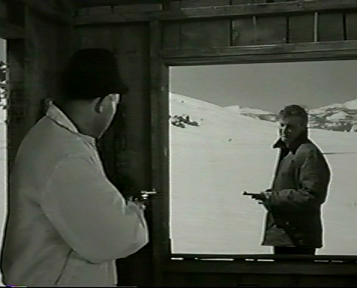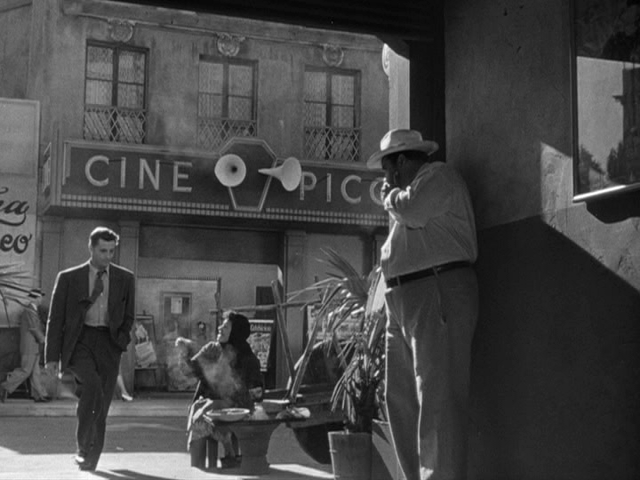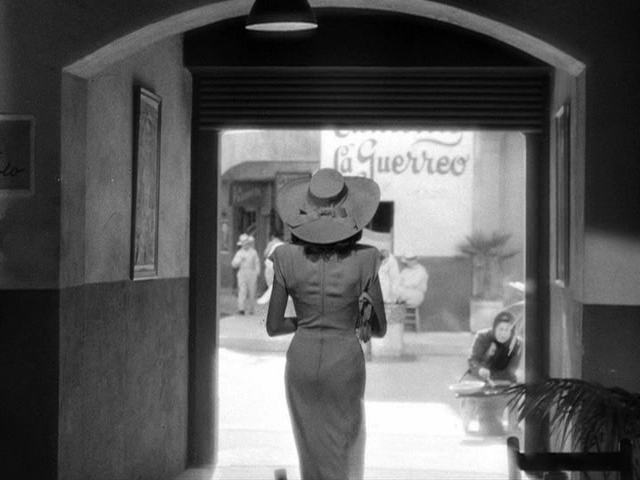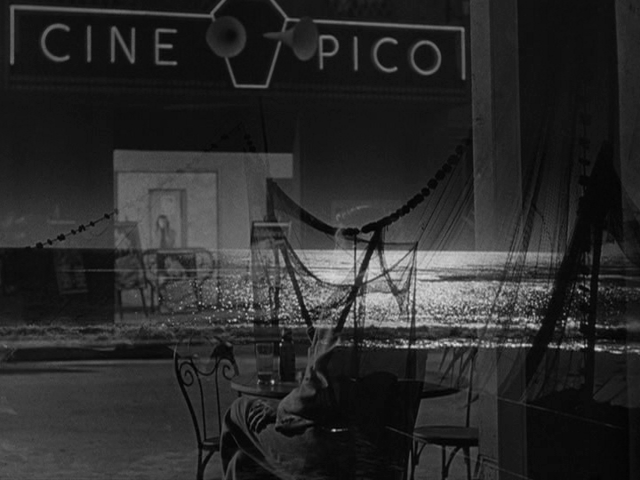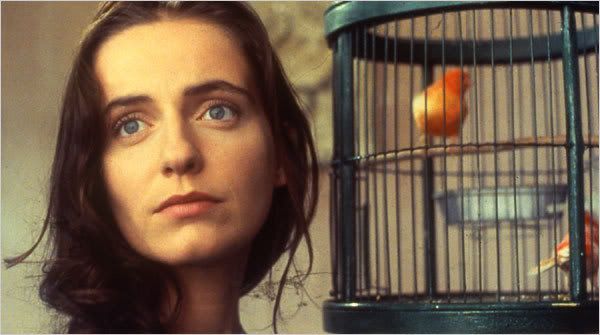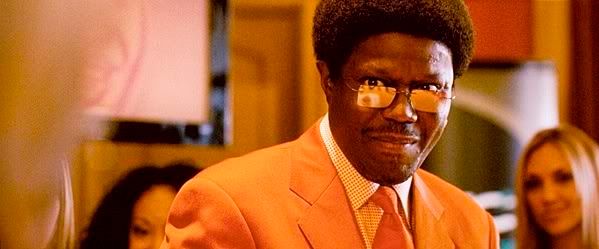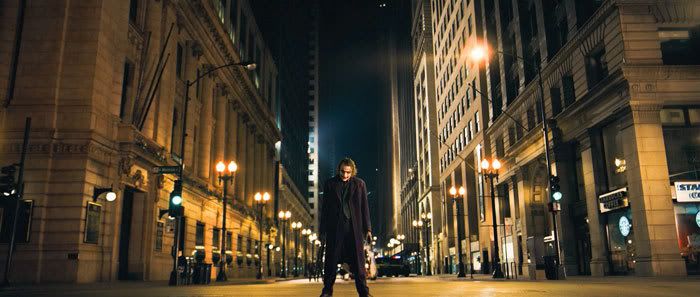
[This is the second part of a rather lengthy email conversation between Jennifer Stewart and Ryland Walker Knight. The first part can be found here. I think there's plenty to continue with after Jen's second response (some things I'd challenge, again, finicky for particulars as I am), but I don't want to keep posting about a film I'm not so certain earns even this much digital ink, much less all the rest that's been, ahmn, generated, when plenty of other, better movies make less money and are seen by even less people but deserve to be seen by everybody because I think they can inspire, too -- and provide even more (substantial) uplift. Also: I didn't give Pirates this much public attention last summer, and that/those movie/s are way cooler, way more interesting. So, as I said before: we encourage more conversation, so long as it's civil. That's what this movie's about, right? Civility in an insane, unstable world of terror? Something like that. Also, again, for redundancy's sake: There are spoilers throughout. Consider yourself warned!]
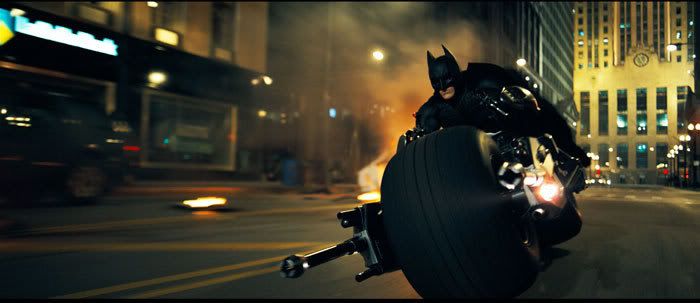
Well, well, Jen,
First of all: there's nothing wrong with being affected by a film. I'm not trying to advocate for my experience (in lieu of yours or others) by any means. But I am curious why it's
this film -- even, why
these films? I don't think I can answer that, fully, nor do I think you really want to dive in deep (in public) into what motivates or attracts you to activating this kind of response; nor do I think it that appropriate, per se, for our aims here. Your investment, however, exposes the straw man of my first missive. It's easy to fall back on issues with Nolan's filmmaking style. After some more careful thought I've come to realize that while I felt a charge at the close of the picture, sure -- it's nervy and long and loud -- my resistance boils down to the fact that I wasn't as immersed in the story as you were, which manifested itself in my gripes with the action scenes.
I still have problems with Nolan's approach to action, but let me first get into your invitation to talk story.
The Dark Knight is a fairly straight forward scapegoat myth. For all this talk of it being dark, it's a pretty hopeful film. I think that's why it's such a big hit: unlike those silly
Spiderman movies, Nolan's commitment to "realism" really gives the film gravity, which makes the lows that much lower (others say darker) and the highs that much higher. What I've come to realize is that the things I find dark and troubling about the picture are not what's in the story, or how the story is told, but how Nolan points his finger outside the story, the film, through all those cultural signifiers like wiretapping and terrorism. I just don't know if its politics are as right on as the myth framework makes them out to be. And, of course, I think this claim to "realism" is dubious given Nolan's odd mise-en-scene.
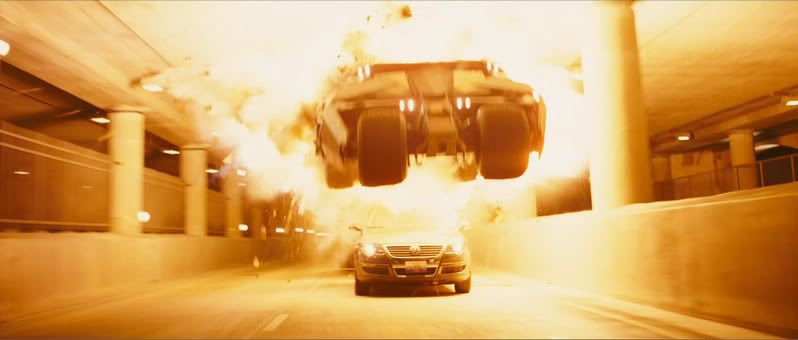
However, Nolan's timing is pretty great, which busts up my prior attacks. If his action sequences are not about movement (doesn't seem to be the case; most of the screen is a dark wash), then they could easily be about timing (he edits not on movement but on impacts and explosions), or, more broadly, about time. Things collide and splinter and fly based on certain speeds in these set pieces. Think of Batman jumping in front of the bazooka, and that mack truck flipping; think of the opening heist's precision. This plays on a thematic level, too: all the Joker's tests, indeed plans, are structured around countdowns. He puts the city on the clock. This gets at finitude. What's complicated about this is that for all his talk of chaos, for lack of rules, the Joker is following one of the biggest rules, and setting a concrete rule, of the world. He laughs at Batman: "It's only a matter of time before you break your one rule." Like you said, Jen, Joker overestimates his understanding of the impulse to do good in the world, thinking time is the best pressure cooker tool. Perhaps this film is arguing that time can work for you as much as against you. Perhaps it
is about circumstantial ethics after all. Or, perhaps, this kind of generous reading misses the boat completely by getting away from the power of the myth underlining all this silly action film phenomenology-ontology-hermeneutics.

I don't know. I don't quite think so. I'm still intrigued by how this film, and Fincher's and PTA's, are the ones that activate your intrigue in personal limits, but I don't know what that has to do with time other than how those films figure time (and its loss in
Fight Club, in
TWBB), but I think it has a lot more to do with myth (even though the two are related; myth seems to stand outside time). I guess what I'm saying is our reactions so far seem to say more about us than they do about the film. Except you've out done me: not only were you moved by the film, you came up with a reason that made sense: all that empty space as indicative of the moral peril of the film. All I can counter is that I find that much more effective, and convincing, in other films about this scapegoat myth; most immediately in something like
The Man Who Shot Liberty Valance. (This entails a complicated argument but I'm thinking Rene Girard thanks to talking with FRG, so:
cf. "The Unity of Violence" section for a brief gloss.)
But I don't want this to turn into a pissing match. That doesn't get anywhere. What I mean is that I think the lie in
Liberty Valence seems darker, and more emotional, to say it comes with more weight and consequence than the lie in
The Dark Knight -- all of which may be a product of the construction of the films. And, for me, that starts (but doesn't stop) with the female anchor for these two tales. I didn't buy the love stories of
The Dark Knight precisely because I didn't buy that a woman like Maggie Gyllenhaal (as written, as acted, as lit by Wally Pfister) could precipitate that kind of love triangle. Vera Miles may not have that much more to do in Ford's picture but she certainly looks and acts and is motivated to be that kind of woman. And here I go again making unfair comparisons. It's funny: every time I sit down to think about what it is I dig about the picture I come up with other problems I have with it. Maybe I'm thinking too hard about it -- or too harsh. Maybe I'm just not being honest enough with myself. Maybe I do need some theory (affect, time-image, etc) to get at what I dig on a visceral level. Maybe I just had some fanboy in my heart fighting to be heard and I can't listen. Maybe I need to see it in IMAX to really just let go and let it throw me around. What do you think?
the r. knight
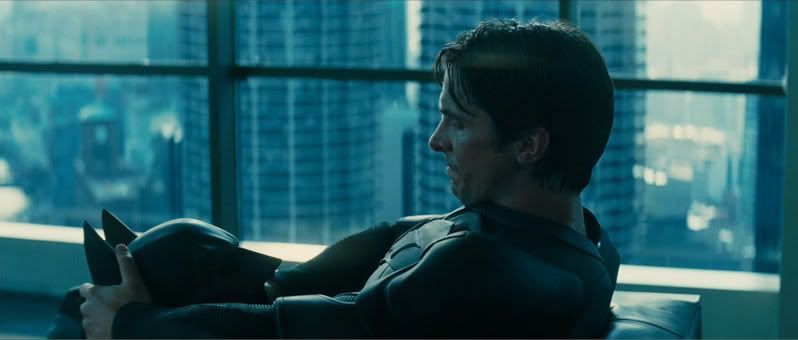
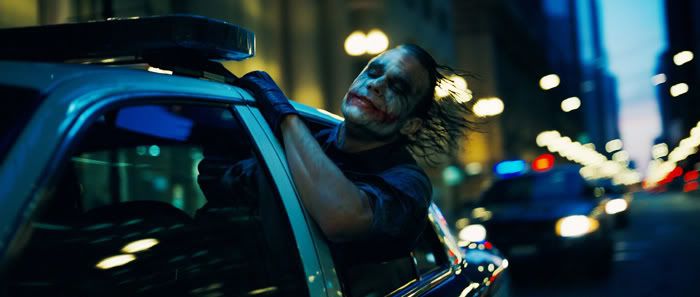
Ry,
I hope I earned that generous response you gave, my man. Truth be told I'm scared to say much more about
TDK, because it would risk more sympathetic invitation which may or may not come off. I think you're right about the
story's ability to grip me but let you slip. Somewhere therein is the answer to your question, why this film. I could say more about why this kind of story - or a movie that dealt as it did with these ideas of identity and civic faith - did grip me, but as you suggested, that's probably at best interesting to you in a non-public conversation between us. Indeed, there's a whole dimension of film experience available only to friends in dialogue.
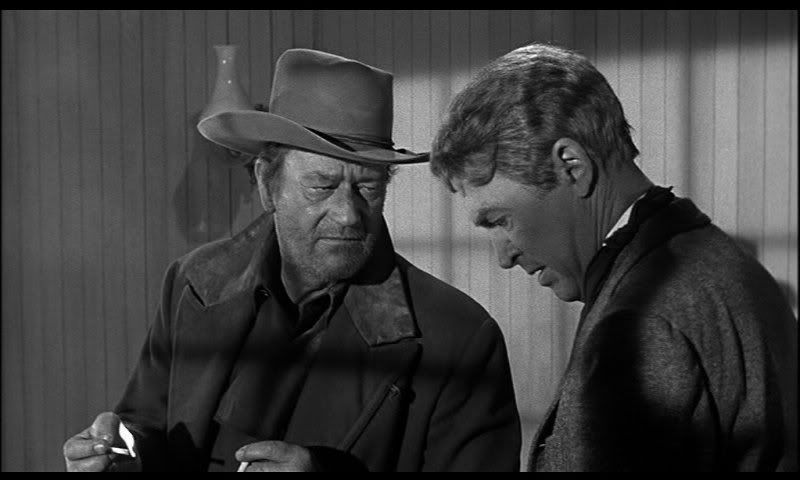
Regretfully I have not yet seen
The Man Who Shot Liberty Valance, but I'd be interested to hear how the same kind of myth is told in a way that invites comparison and evaluation with
TDK. The myth part sounds right to me, but the scapegoat part sounds a little insufficient. Part of the myth in
TDK is the implied logic and consequences of the unique position Bruce Wayne afforded (quite literally) himself. He created an essentially anonymous identity in order to operate outside the law, yet ultimately in the name of justice. So already we have an uncontained excess jeopardizing the balance of the original system (as Rachel corrected Harvey about what happens when you "elect" someone to hold the privilege of power outside democracy: you create a Caesar and power is never restored to the demos). With Batman working for, but outside, the Law, one problem is that the Law gets too dependent on Batman's advantage of being unencumbered by due process (Batman is conveniently if not cheaply able to secure Lau's *ahem* extradition).
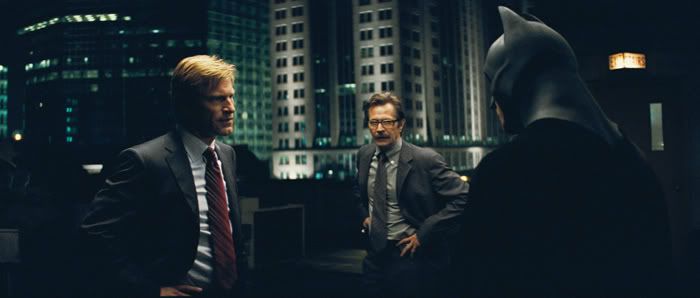
Another problem is that other versions of oneself (anonymous figures outside conventions of institutionalized morality) start popping up, the only difference being, these don't necessarily embrace the pretense of working for Justice. As Joker says, Batman completes him. Or he's just too fun to get rid of. The film sees Batman desperately wanting to hand over the power of (re)scaling justice to a properly elected hero. But Joker gets to Harvey Dent first. Here's where I could develop my earlier thought that, ultimately,
TDK asks what a face is. The Batman myth is about the consequences of abandoning faith, that justice can be done by the faces its institutions make available. Harvey Dent, an elected DA, restores that faith. But Batman has already caused the jeopardy that ultimately corrodes Dent. Joker wanted Batman to reveal himself: it was only a matter of time before someone operating with Batman's logic exposes the easy vulnerability of his contradiction (you can't be outside the law yet simultaneously constrained by it. All Joker's talk of chaos is that rather simple point).
The Dark Knight, then, is a proper Tragedy. Batman isn't scapegoated so much as
revealed, and perhaps redeemed. He accepts responsibility by taking the previously unseen truth his masquerade allows: an explanation of moreso than resistance to the corrosion of Justice.
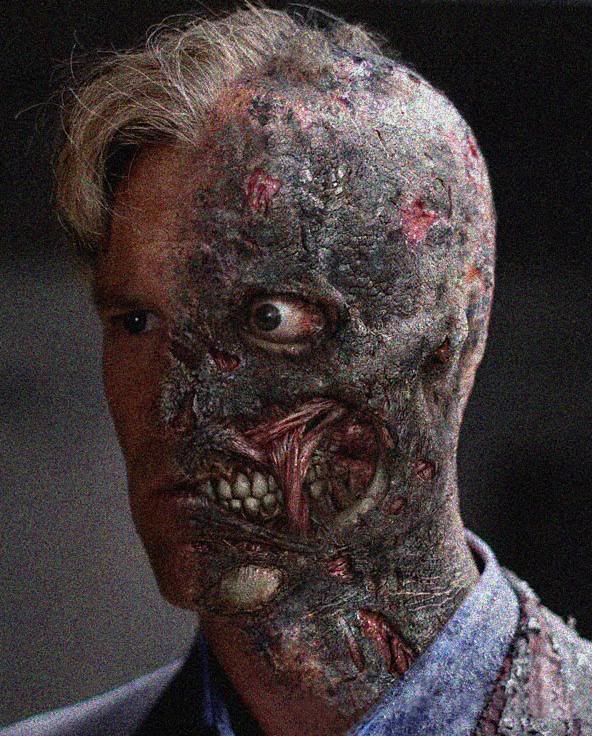
I'm not sure what to say cinematically about all this - the story as such is just that. Hence all my discomfort looking for ways to speak critically of being gripped by the story, for I suspect cinematic quality and story quality are somewhat irrelevant to each other (someone less gentle than I might mention
Revenge of the Sith to you here....). In terms of how
TDK uses its images to play out this story? Well, it's written plainly on each of Batman and Joker's, and Harvey's two faces. Harvey becomes the anguished split Batman ignored: the reality of only half a sanctioned face. Upon first reveal of the special effects Nolan chose for Dent's face, I was actually a little disappointed (ugh, skeletor face? How cliche). But now I like it more as a symbol of pure erosion as well as revelation: what makes a face (facade) appealing includes concealment, lest those ligaments be seen sufficiently as their own gruesome alternative. This is what Joker was attempting to reveal about Batman: he is just a gruesome enabler, of weakened justice garbed in the masquerade of its Knight.
Thanks, Knight, for making me think a little more. As for my own redemption, there's other films like
The Darjeeling Limited, and
There Will Be Blood, which aren't really about their ostensible "stories" but which occasion nothing less than an equal pleasure. To wit, perhaps part of my esteem for
TDK is that it was totally convention narrative cinema, and I'd forgotten how much pleasure is still possible therein (hence identifying
Fight Club as my antecedent).
My trouble is that I am much less confident trying to be a film writer outside the conventions of narrative cinema. Though I haven't given up yet.
~jk
